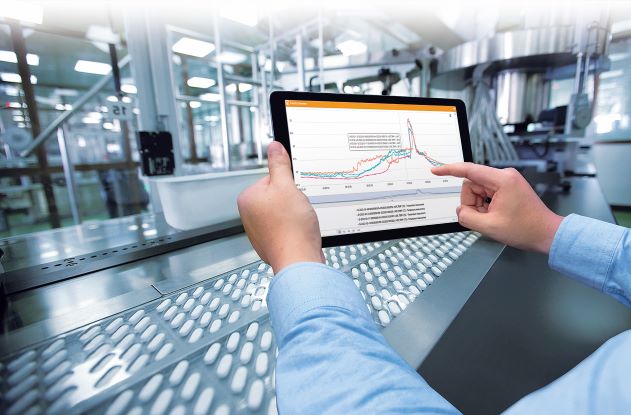In March this year, a pharmaceutical manufacturer based in London was fined £51,000 and ordered to pay costs of £104,898 by a Crown Court, after it was convicted of supplying a medicinal product which was not of the nature or quality specified in a prescription. The medicine made by the company contained just 12% of the strength specified in the prescription, which resulted in it failing to work effectively.
Manufacturing defects are the most common cause of product liability claims. In the case of defectively manufactured pharmaceutical drugs, this category of claims involves injuries caused by pharmaceutical drugs that have been improperly manufactured or have somehow become tainted. This can be the result of an error at the manufacturing facility or the pharmacy where the drug was made or bottled, or a problem that occurs during shipping, or an error in labelling — in other words, any situation in which a mistake is made at any point between the manufacturing plant and the place the consumer receives the drug.
Whilst the manufacturer has little control over its product once the batch leaves the manufacturing facility, it does have control up until that point. But to do this, the manufacturer must first have clear overview of the whole production process.
Advances in technology have enabled the introduction of numerous IT systems and solutions to support manufacturing processes. On the one hand, they enable manufacturers to better manage execution of production procedures and recipes to get high quality products. On the other, implemented digital solutions increase the amount of available manufacturing data, from which manufacturers can significantly benefit – either to generate process insights and improvements, or to more easily meet quality/regulatory requirements.
The potential impact of manufacturing data exploitation is substantial, but strangely hasn’t led to many pharma companies generating actual and tangible benefits.
This is because much of the data is siloed in production systems and these machines that are not connected to manufacturing IT systems. It is therefore hard to collect, combine and manage, not to mention the data integrity risks that are connected to it. Moreover, this makes any kind of reporting and analytics significantly more complicated. According to market research company Vanson Bourne, the average worker is spending 8 hours per week acquiring, entering, or moving data because of disconnected data and only 7 hours per week making decisions on data!
Therefore, more and more life science companies are actively working on breaking down the data-isolating silos in their manufacturing not only to solve data integrity and regulatory compliance issues, but also to fully exploit the gathered data for process insights, reporting and analytics. This then allows them to identify critical production machines and product parameters, events, and patterns, and manage them actively to avoid deviations and reduce costs. However, the manufacturers can only do this if they are:
- Collecting data and storing production data
- Contextualising data
- Combining the process data with events to building tailored reports
Moreover, the validity of the data and the process must be easily proven in a potential audit. This is something that is hard to do when done manually or with generic reporting tools. This is where you need a tool designed specifically for pharmaceutical manufacturing.
MePIS PDM – State-of-the-art platform for production reports and process analytics
MePIS PDM is an advanced process data management platform that enables you to gather, organise and manage production data. It is the cornerstone for the creation of production reports, comprehensive production analyses and data integrity in pharmaceutical manufacturing.
By using MePIS PDM you can create tailored production reports with custom report approval workflows and have an embedded audit trail, contributing to higher levels of GMP and regulatory compliance.
It provides a basis for production transparency and process analytics. MePIS PDM ensures a real-time overview of equipment status and quicker reaction times in production. Thus, allowing you to compare time-series data with events and compare batches to identify the “golden batch”.
In addition, MePIS PDM can seamlessly connect to production systems and machines, as well as production IT systems (MES).
With MePIS PDM, you can continuously monitor measured variables and displays active alarms together with other events in real-time. You will be able to quickly identify and isolate abnormal batches and determine the cause of the deviation. Plus, production reports can be generated automatically and easily shared online with authorised personnel. For more information about process data management using MePIS PDM visit https://mepis.eu/solutions/mepis-pdm/ and download the brochure, or contact our sales representative at sasa.sokolic@metronik.si
This article was first published on iioTek website: link





